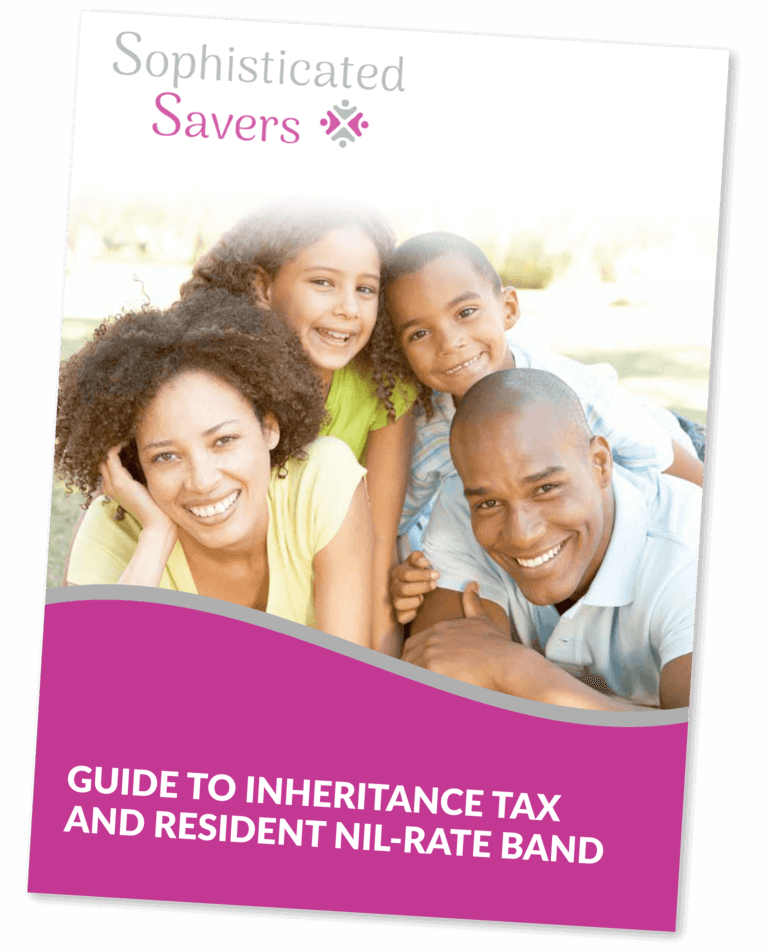A Guide To Severance & Joint Tenancy
A Guide To Severance
& Joint Tenancy
By whichever means you purchase a property, be it with a mortgage or with cash outright, you go through the process of conveyancing which transfers the property into your ownership. Conveyancing also allows the registration of this ownership with the Land Registry.
There are three types of commonly – registered ownership statuses.
Sole Owner
You own a property on your own. Only your name would appear on the Title Deeds.
Joint Tenants
You own a property with another person as joint tenants which means that the Title Deeds are in both names. If one of you dies, the surviving partner automatically takes on full ownership of the property and becomes the sole owner.
This applies even if a joint tenant has stated in their Will that they wish to leave their share of the property to someone other than the joint tenant. In this circumstance, the power of joint tenancy overrides instructions in a Will regarding property ownership.
Tenants In Common
You own a property with another person and you have specific shares. For example, you could own 30 percent whilst your partner owns 70 percent. Perhaps they paid 70 percent of the deposit that was put down to secure the mortgage, and therefore, if you sell the property, any profit will be apportioned according to the share you each have in the property.
It’s important to note that if one of the owners die, their share is not automatically transferred to the surviving partner, as in the tenants in common situation. Their share will pass to whoever is mentioned as the beneficiary in their Will. The Rules of Intestacy will apply if a Will hasn’t been made (please see our guide Why Make a Will for more information).
You can verify which type of ownership is registered for your property by checking the Land Registry website.
Why Sever The Joint Tenancy?
If you both own the property jointly, the right of survivorship will apply, which means that if one of you dies, the other will automatically become the sole owner.
Partners who are going through divorce proceedings or are dissolving their civil partnership may choose to amend the ownership of their property from joint tenants to tenants in common. The Joint Tenancy you had must be severed to form a Tenancy in Common. This is so that if you die before the divorce or dissolution is finalised, your share would then be passed to whoever you name as the beneficiary in your Will, rather than automatically passed to the ex-spouse.
Severing a Joint Tenancy is a relatively straight-forward process (see below), and once this is complete, the right of survivorship no longer applies.
Main Features Of Types Of Ownership
Joint Tenancy:
- Equal rights to the entire property
- The property automatically goes to the other owner(s) upon your death
- It isn’t possible to pass on your ownership of the property in your Will
Tenants in Common:
- It is possible to own different shares of the property
- The property doesn’t automatically go to the other owner(s) upon your death
- It is possible to pass on your share of the property in your Will
Changing The Type Of Ownership
The most common change of ownership is from Joint Tenants to Tenants in Common and this usually occurs when there is a divorce or separation and you’d prefer to leave your share of the property to someone else other than your spouse or civil partner.
You can change ownership from Tenants in Common to Joint Tenants and this usually occurs when someone is married and would like equal shares in their property for their spouse.
Severing The Joint Tenancy
This change of ownership requires a written notice of change by one party to the other, which is the ‘severance’. The change can be actioned even without the other owner’s agreement.
You should complete a form called SEV, which can be downloaded from the Land Registry website. The change is then recorded at the Land Registry, and the other owner will be notified after the change of ownership has completed. However, if both owners cooperate and agree to the change of ownership, there is a slightly different process to be followed, but it is still relatively simple.
You should note that if your name is on the mortgage, you’re liable for the whole debt, even if it’s a joint mortgage. It is advisable to contact your lender to inform them of the separation / divorce.
Changing From Tenants In Common To Joint Tenants
Agreement from the owners of the property is necessary. The change will require a Deed of Trust to be drafted which is usually done by a solicitor or conveyancer. The trust deed will illustrate the new terms of ownership as Joint Tenants.
Next Steps
If you receive a Notice of Severance, you may be alarmed, but note that this is notice is simply a reflection in how the property passes if one of the owners die.
If you are thinking of severing a joint tenancy, it is crucial that you have a properly drafted Will in place so that you protect your share of your property immediately. Additionally, divorce invalidates an existing Will where a spouse is mentioned, so it is essential to update your Will after a divorce.
Glossary Of Terms
Conveyancer
A Conveyancer is responsible for transferring ownership of property, whether buying or selling. They’ll handle contracts, offer legal advice, carry out searches, deal with Land Registry and manage the transference of funds.
Deed of Trust
Also known as a Declaration of Trust, is a legal agreement used to specify how a property is held between joint owners.
Land Registry
An government body that registers the ownership of land and property in England and Wales.
Notice of Severance
A document by which one or more individuals that own a property decide to sever the existing joint tenancy, i.e. to change it to a Tenancy in Common.
Rules of Intestacy
The rules regarding inheritance when someone dies without leaving a Will.
Title Deeds
Paper documents presenting the chain of ownership for land and property.
Useful Contacts
Government website
www.gov.uk/joint-property- ownership/change-from-joint-tenants-to-tenants-in-common
Contact: www.gov.uk/contact/govuk
Land Registry
www.gov.uk/government/organisations/land-registry
Contact: https://landregistry.custhelp.com/app/contactus_general/
Money Advice Service
www.moneyadviceservice.org.uk/en/articles/protecting-your-home-ownership-rights-during-
divorce-or-dissolution
0800 138 7777
Cruse Bereavement Care
www.crusebereavementcare.org.uk
0844 477 9400
The Law Society
www.lawsociety.org.uk
020 7242 1222 (England)
029 2064 5254 (Wales)
The Law Society of Scotland
www.lawscot.org.uk
0131 226 7411
The Law Society of Northern Ireland
www.lawsoc-ni.org
028 9023 1614
Would You Like Help Creating Your Will?
If you’re looking for an easy and affordable way to create a legally binding Will, then we can help.
We work closely with a company called Private Client Online who provide estate planning services. They offer a simple process to draft your Will online & then submit to the solicitors. And the cost is just £69 for an individual, or £99 for a couple (inc Vat).
If you’d like to find out more about this service then simply enter your details in the form above and we’ll call you back ASAP.
Would You Like Help Creating Your Will?
If you’re looking for an easy and affordable way to create a legally binding Will, then we can help.
We work closely with a company called Private Client Online who provide estate planning services. They offer a simple process to draft your Will online & then submit to the solicitors. And the cost is just £69 for an individual, or £99 for a couple (inc Vat).
If you’d like to find out more about this service then simply enter your details below and we’ll call you back ASAP.





